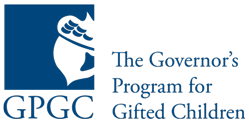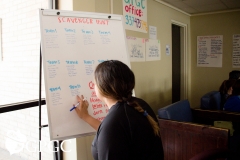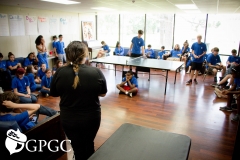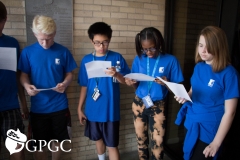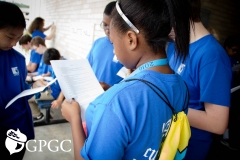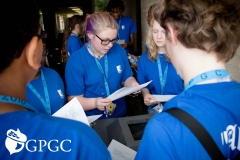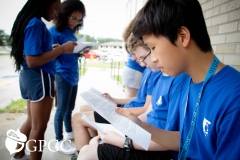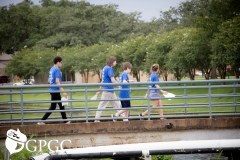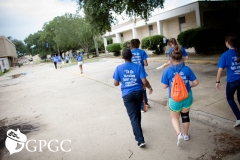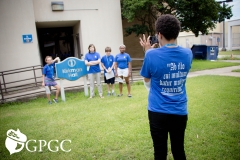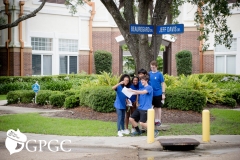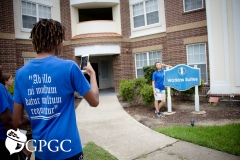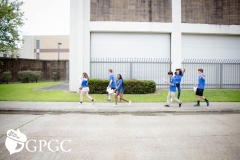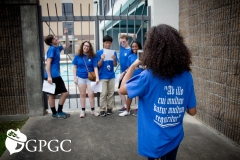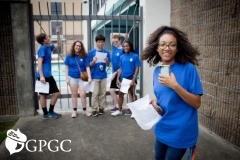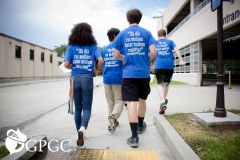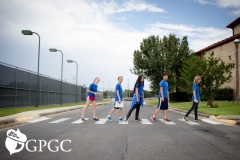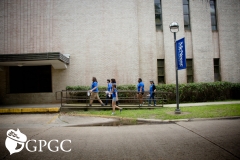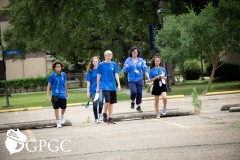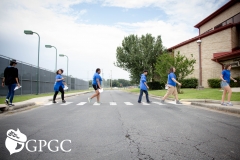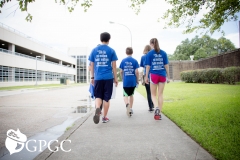Here are some reports from the teachers of each of our afternoon classes for the last week in the Program. We have organized them by class:
Choir (Ms. Colette Tanner, Instructor)
In choir, we will continue to work on the following performance repertoire: RHYTHM OF LIFE, FINALE from GONDOLIERS, BOHEMIAN RHAPSODY, Vivaldi GLORIA, FIRE & RAIN, and JESU, JOY OF MAN’S DESIRING
Computer Tech (Barry Humphus, Instructor)
Students finally got to start 3D printing this week! They asked every day if they could start but first had to understand the process including the easy things and the hard. The process was much more cumbersome than they initially thought.
Debate (Ms. Jessica Markstrom, Instructor)
Students created and presented affirmative policy cases. Students reviewed and practiced writing affirmative policy cases. Students learned about on-case negative strategies and topicality.
Critical Thinking (Mr. Robert Markstrom, Instructor)
This week was puzzle week in Critical Thinking. The students were challenged with various puzzle activities. One activity had each team putting together a 1,000 piece puzzle during the period. Another activity involved non-traditional 3 dimensional puzzles including placing odd shaped blocks back into cube-shaped box, a slide puzzle that was rectangular in shape in that students had to match the pattern and color on each side, etc.. The students had a packet of puzzles that included brain teasers, geometric puzzles, sudoku puzzles of varying difficulty, and mazes.
Costume/Make-up Design and Drama (Ms. Jessa Lormand, Instructor)
Costume/Make-up Design: This week we worked on assigned character costumes, display board information/content, completed basic stage make-up unit, make-up plots, learned basic hand stitching/how to sew buttons. Students worked in small groups and individually on different projects and troubleshooting. This was the first week that I graded their journals and was overall very impressed with the creativity and care put into them.
Drama: From Monday to Thursday we walked through the entire with dialogue to get a feel for being on the stage with these characters. Friday we did theatre games and movement exercises to prepare for choreography/scene transition work next week.
